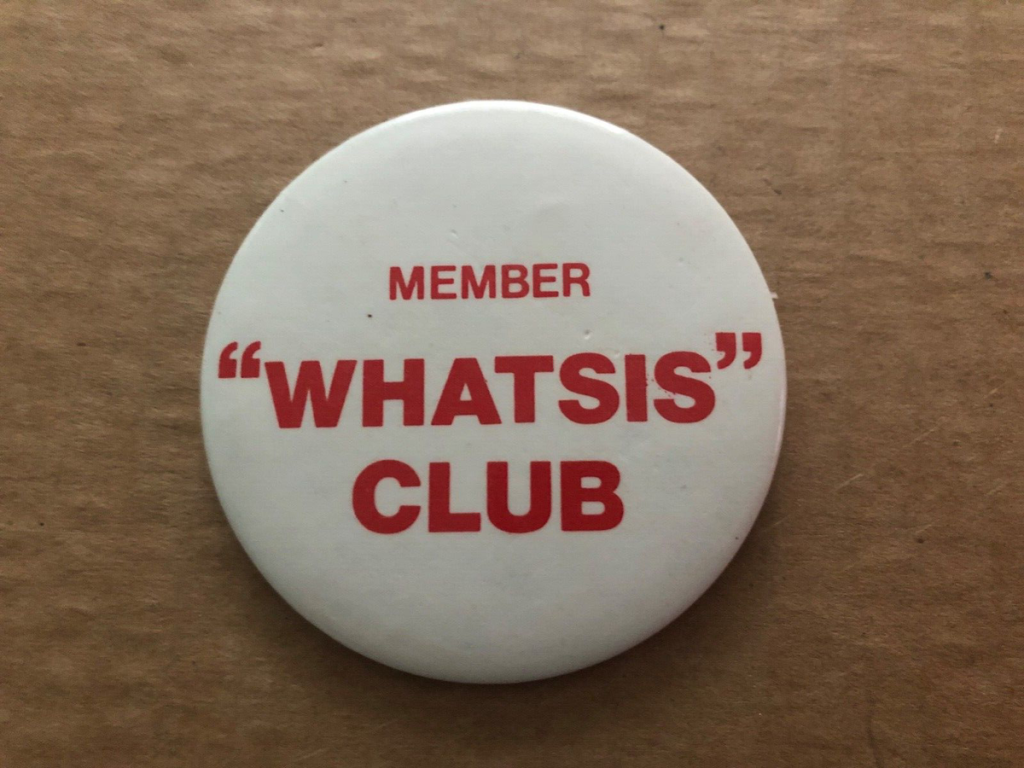Never use the word old. That’s the advice everyone gives us, but it’s hard to follow on a website devoted to the subject of aging.
Most Americans in their middle and later years are turned off by terms like old people and old age and by most of the euphemisms that stand in for them. A 2005 survey by the Journalists Exchange on Aging reported that elderly is the most widely detested word because it suggests that the people it describes are not only old but frail. Many Americans object to disparaging terms like geezer, but they also dislike senior citizen and golden ager.
What words can we use, then? And what words can you use with the older people in your life?
I remember when feminists fought for gender-neutral language. In the 1970s, many women protested titles like chairman and the generic pronoun he, used to refer to both sexes. (“A person is only as old as he feels.”) Activists changed the way English is spoken. Now, a new war about words may be shaping up over ageist language.
Certainly, we’ve had some lively debates at the Silver Century Foundation about old and its synonyms. The contrarian in me wants to reclaim old, just as African Americans reclaimed black during the civil rights movement and made it a statement of pride. But there’s no point in writing about old people if most site visitors are so turned off by the term that they go elsewhere.
Another problem with old is that it’s vague. When are we old? The laws against age discrimination kick in at 40, and AARP welcomes you to membership at 50. Retirement communities generally accept those 55 and up, but to collect Social Security retirement benefits, you have to be at least 62. Meanwhile, Americans 65 and older tell pollsters that old age begins at 74. In other words, you can become old by somebody’s standards anytime between 40 and 74. That’s ridiculous.
Besides, specific words aren’t the problem. I suspect many of us dislike any word that suggests we’re no longer young or reminds us that old age is just over the horizon. That reaction is hardly surprising in a culture that venerates youth and dreads old age. As long as we feel that way, no euphemism will be acceptable because what we really dislike isn’t the word but the false image it conjures up of decline and deterioration.
This website exists to challenge that image, but to do that, we have to settle on our terminology. We’ve decided to go with older people, older adults, midlife, middle aged and terms of that sort. We’ll mention specific ages whenever possible (“a survey of Americans 50 and older”) and we may sometimes use senior or elder for variety.
The best way to find out whether older relatives or friends object to words like senior is to ask them. In that spirit, we’d like to know how you feel about old and its euphemisms.

Flora Davis has written scores of magazine articles and is the author of five nonfiction books, including the award-winning Moving the Mountain: The Women’s Movement in America Since 1960 (1991, 1999). She currently lives in a retirement community and continues to work as a writer.



